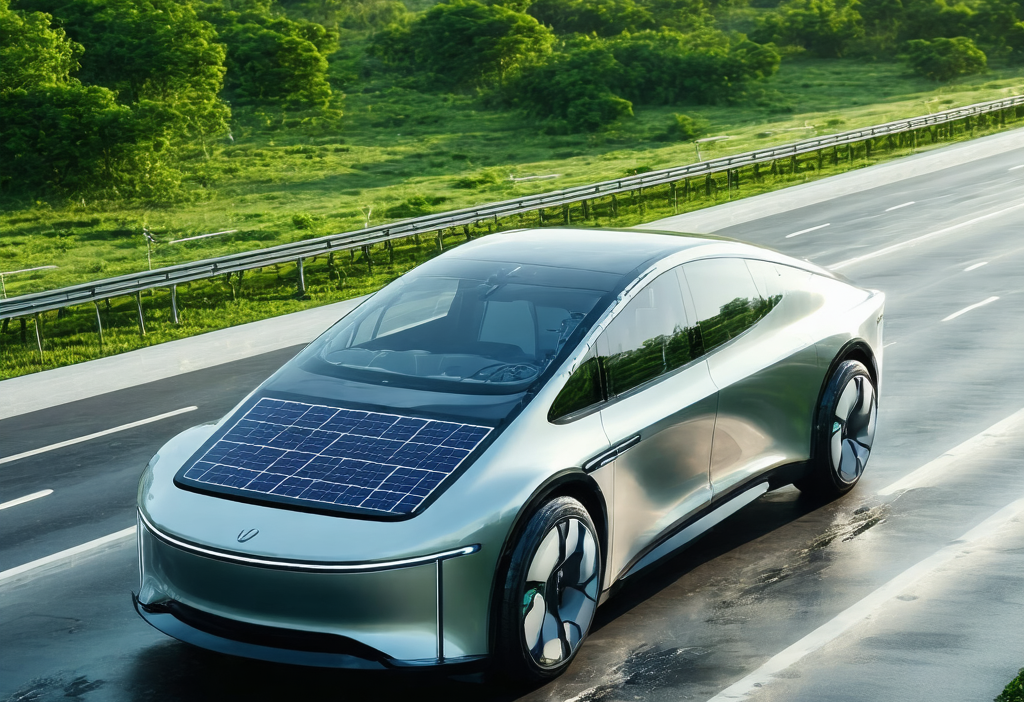The Future of Electric Vehicles: A Game-Changer in 2025
Electric vehicles (EVs) are no longer just a niche market; they’re at the forefront of the automotive industry. By 2025, we can expect to see significant advancements that will redefine how we think about transportation. In this blog post, we’ll explore the latest trends, technological breakthroughs, and the broader implications of electric vehicles on our society.
Current Trends in Electric Vehicle Adoption
The shift towards EVs is happening at a rapid pace. Governments around the world are implementing stricter emissions regulations, pushing automakers to accelerate their transition to electric powertrains. For instance, countries like Norway and China are leading the charge with ambitious targets for EV adoption. By 2025, it’s projected that over 30% of new car sales globally will be electric vehicles.
One of the key drivers behind this shift is the growing awareness of climate change and the urgent need to reduce carbon emissions. As consumers become more environmentally conscious, they’re increasingly turning to EVs as a sustainable alternative to traditional internal combustion engines. This trend is further supported by government incentives and subsidies designed to make EVs more affordable.
Technological Advancements in Electric Vehicle Technology
The advancements in battery technology are nothing short of revolutionary. In 2025, we can expect to see solid-state batteries becoming mainstream, offering higher energy density and faster charging times. These improvements will significantly reduce range anxiety, a major concern for potential EV buyers.
Another exciting development is the integration of artificial intelligence (AI) into electric vehicles. AI-powered systems are being used to optimize battery performance, predict maintenance needs, and even enhance driving safety through advanced driver-assistance features. For example, Tesla’s Autopilot system continues to evolve, making EVs not just eco-friendly but also cutting-edge tech platforms.
The Environmental Impact of Electric Vehicles
One of the most compelling reasons for the shift to electric vehicles is their reduced environmental footprint. Compared to traditional cars, EVs produce 70% fewer emissions over their lifecycle, including production and charging. This reduction in greenhouse gas emissions plays a crucial role in combating climate change.
Moreover, as renewable energy sources like solar and wind become more prevalent, the environmental benefits of EVs will only increase. By integrating electric vehicles with renewable energy grids, we can create a truly sustainable transportation ecosystem. For example, countries like Germany are already investing heavily in green energy to power their growing fleet of EVs.
Economic Implications and Market Growth
The rise of electric vehicles is not just an environmental movement; it’s also a significant economic opportunity. The global EV market is expected to grow exponentially by 2025, creating millions of jobs in manufacturing, engineering, and renewable energy sectors. This growth is being fueled by investments from both public and private sectors, with companies like Tesla, Ford, and BMW leading the charge.
In addition to job creation, the transition to EVs will have far-reaching economic impacts. Traditional industries reliant on fossil fuels will face increasing pressure to adapt or risk becoming obsolete. On the other hand, nations that invest early in EV infrastructure and technology are likely to gain a competitive edge in the global market.
Challenges and Future Outlook
Despite the many advantages of electric vehicles, there are still challenges that need to be addressed. One major hurdle is the availability of charging infrastructure. While progress has been made, particularly in urban areas, rural regions often lack sufficient charging stations, limiting the practicality of EV ownership.
Another concern is the ethical sourcing of materials used in batteries, such as lithium and cobalt. Ensuring that these resources are extracted responsibly and without contributing to environmental degradation or human rights violations will be critical for the sustainable growth of the EV industry.
A Call to Action
As we stand on the brink of a new era in transportation, it’s clear that electric vehicles are more than just cars—they’re a symbol of our commitment to a cleaner, greener future. By embracing this technology and supporting policies that promote sustainable transportation, we can collectively drive positive change.
What are your thoughts on the future of electric vehicles? Share your insights in the comments below or explore further resources at Example.





